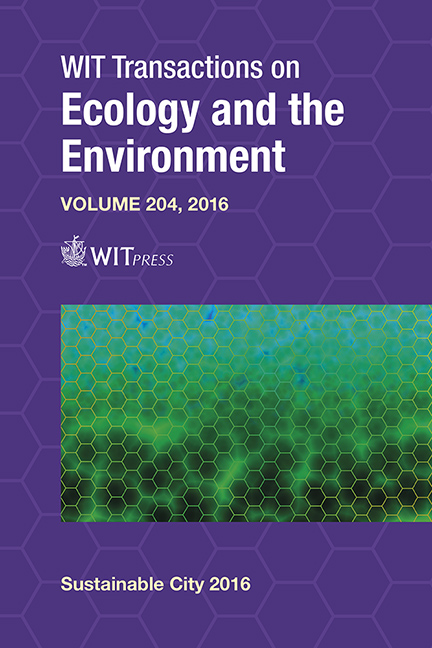The Unconscious Mind Rules in Absentia
Price
Free (open access)
Transaction
Volume
204
Pages
12
Page Range
599 - 610
Published
2016
Size
298 kb
Paper DOI
10.2495/SC160501
Copyright
WIT Press
Author(s)
S. M. Dark
Abstract
This paper offers an unconscious encounter between the incompatible entities of a vulnerable human populace and a high-intensity storm. The setting is a typically human social situation, a city nestled on the Mississippi River between Lake Pontchartrain and the Gulf of Mexico. The discussion is with the deafly unconscious. The topic of discussion concerns the psychological constraints that tie humans to a particular ‘place’. A place that conflicts with scientific reality but melds quite well with the rhetorical narrative before the event: ‘it’s happened before and it will happen again but we are still OK … aren’t we? The purpose of this paper is to (a) investigate the underlying impetus of why citizens choose to stay when threatened by an extreme climate event and (b) what can be learned in the aftermath. It is concluded here that rather than a failure of preparation or policy, or the pending promise of resilience, Hurricane Katrina’s deadly assault can be more so attributed to how citizens mentally model extreme climate events. This paper is an extraction from a theoretical PhD dissertation on mental model theory and policy and planning, to be submitted September 2016.
Keywords
hurricane Katrina, mental model, climate change, negativity bias





